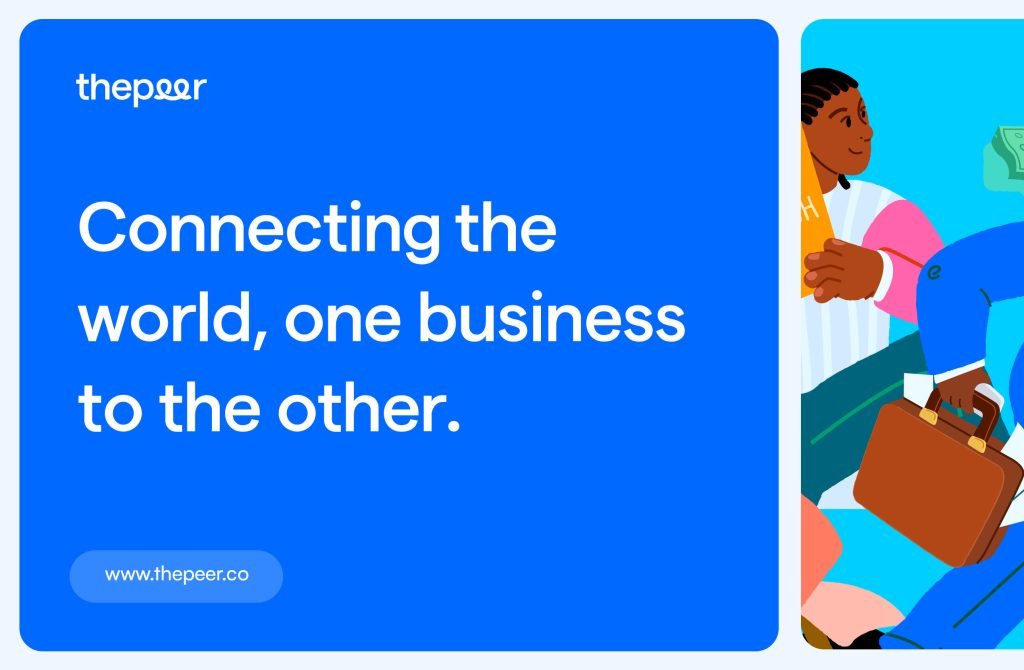Thepeer, a Nigerian-based API startup that provides Fintechs and businesses with a unique payment funnel, is closing its operations as the executives consider the business a Failure.
The Nigerian startup after 3 years of operations and over $2.1 million in funding, announced on Monday 1 April 2024 that this would be the end of the journey as it has repeatedly failed to actualize profitable growth. Thepeer executives mentioned that its focus now is to return the available capital to its devastated investors.
According to the company, the projected public acceptance was far greater than the actual result. A sign to Thepeer that its exceptional technology alone is not enough to elevate the company to the height it visualized.

Founded in 2021 by Michael “Trojan” Okoh and Chike Kosisochukwu Ononye, Thepeer’s motive was to create an infrastructure for small to average-sized FinTech businesses across the continent.
This works by integrating its API to FinTech websites or applications as an alternative network that enables the businesses to embed unique sets of products on its platform, enabling smooth transactions by their customers.
Thepeer projected to connect its wallets across 400 FinTechs in Africa but was cut short by some challenges it faced. Aside from its compliance issues, the company struggled with the public acceptance of its wallet as a payment option, which directly hurt its sales and, eventually, its growth.
The inability to expand operations and lack of profit was not always the problem, as in 2022, Thepeer disclosed that its monthly transaction volumes were running in millions of dollars, boasting 161% average month-on-month transaction growth. The results led the startup to draft expansion plans for other African countries.
Eventually, the founders revealed that they failed to align their products to the market needs. Thereby, causing the startup to place its products on maintenance until the founders discover “a new home”.














